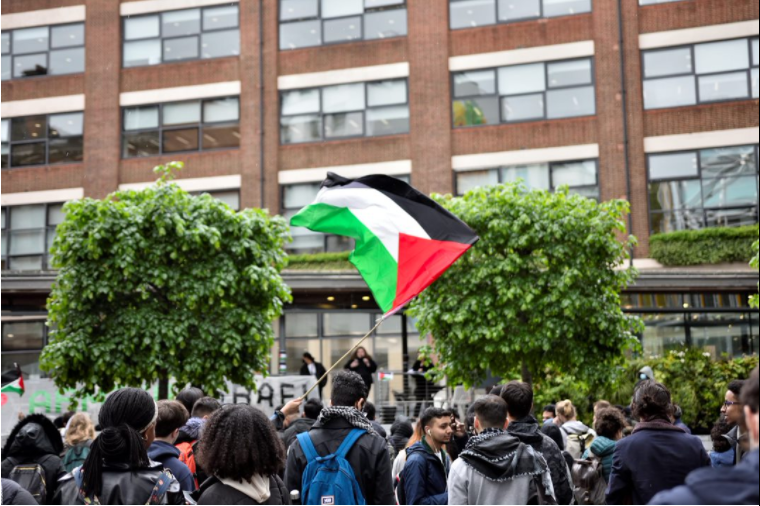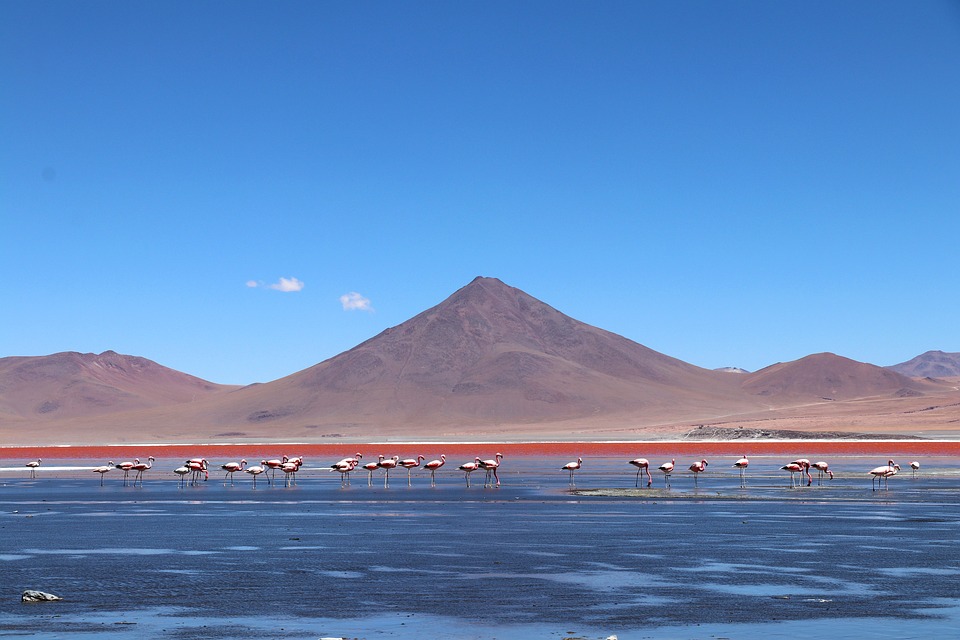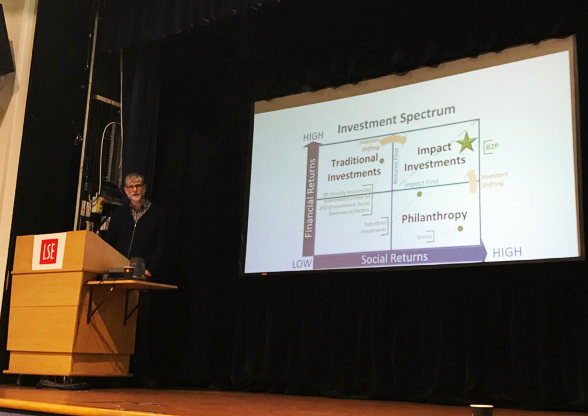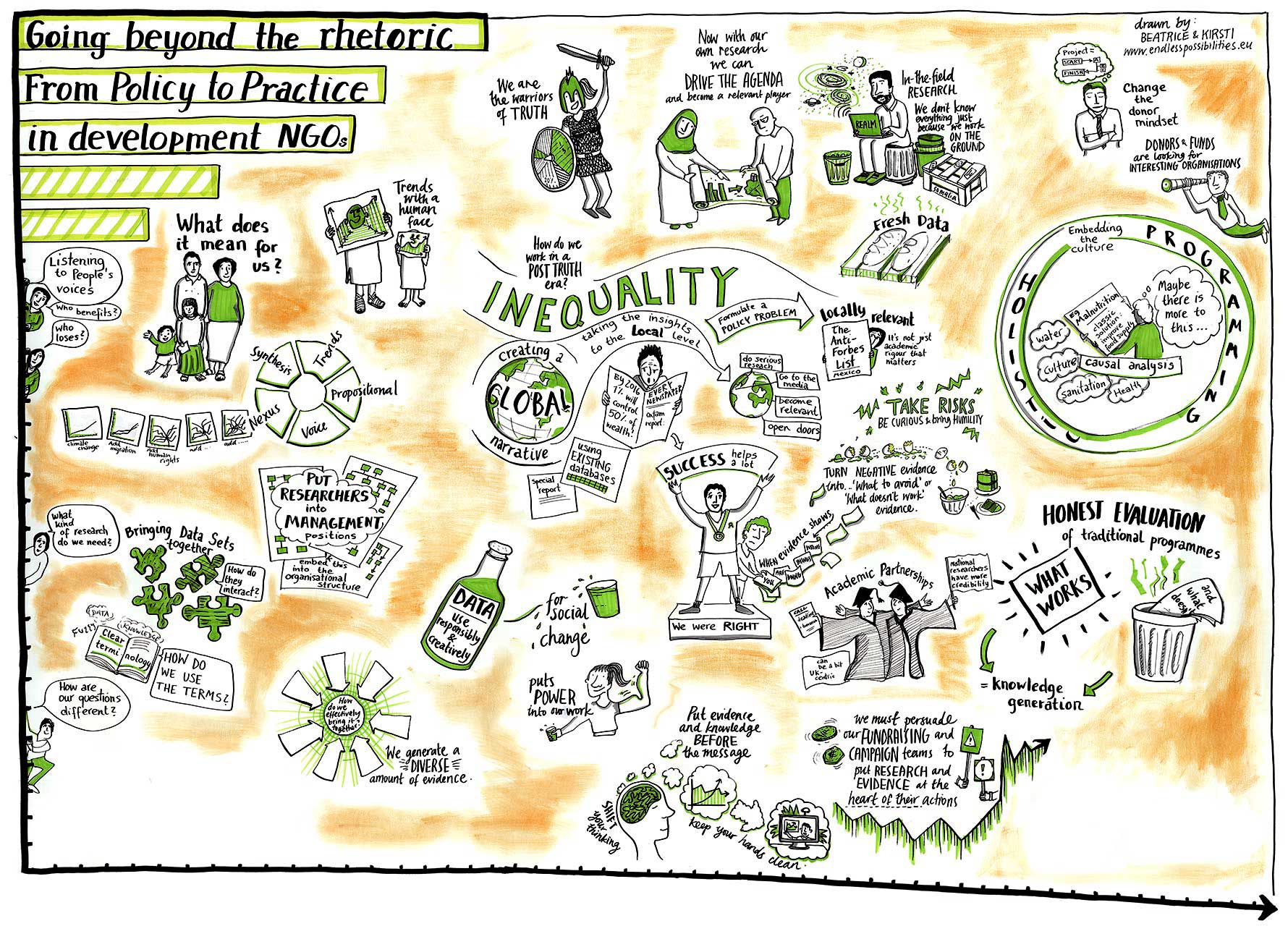MSc student in International Development and Humanitarian Emergencies Konstantina Mirtzani details LSE students’ actions in solidarity with Palestine in response to the recent crisis in Gaza.
May 2021 saw the most intense violence in Palestine since 2014. Eleven days of aerial assault on the Gaza Strip ended with a ceasefire which came into effect on May 21. . As a result of the crisis, 256 Palestinians in the Gaza Strip, 27 in the West Bank, and 1 Palestinian citizen of Israel, and 13 Jewish Israelis were killed. The Gaza Ministry of Health reported that more than 2000 Palestinians in the Gaza Strip were injured, in addition to 500 Palestinians in the West Bank, 1000 Palestinians in Jerusalem, and 114 Israelis. By May 19, at least 72,000 Palestinians had been displaced in the Gaza Strip. Despite news of the ceasefire, officials warned that the damage to Gaza would take years to rebuild, while Palestinians urge the international community not to neglect the status quo of Israeli violence when the bombs are no longer falling.
Reacting to Israel’s brutal attack on Gaza and numerous human rights violations, the attention was turned to the suffering of Palestinians as millions of people took to the streets to protest around the world. From the streets to calls to action on social media, solidarity with Palestine grew exponentially. On social media, thousands of people condemned Israel’s deadly attacks on Palestinians under hashtags like #SaveSheikhJarrah and #Gazaunderattack. Witnessing these huge levels of violence and brutality, a result of settler colonialism and apartheid, LSE students could not stay idle.
Letters and statements
Several statements and letters were released by various student actors in response to the shocking levels of violence and human rights violations. First, the LSE Student Union released a statement condemning the human rights violations committed by Israel against Palestinians. Promptly, 46 LSE student societies released a common statement supporting the people of Palestine: ‘’We unequivocally condemn the violent oppression of Palestinians. Our society stands firmly against all oppression and breaches of human rights’’. At the same time, a letter was drafted by LSE faculty, staff and students with the support of the Decolonising LSE collective, standing with the Palestinian struggle for self-determination and liberation, and against the ongoing settler colonialism and apartheid being committed by Israel. The letter, which is to be sent to LSE management, includes demands for an end to all the ways in which LSE is complicit in the crimes Israel is committing. This letter, which has so far almost 700 signatories by students and staff, calls for:
1) A commitment to the Palestinian Campaign for the Academic and Cultural Boycott of Israel (PACBI), issued by Palestinian academics as part of the Boycott, Divestment and Sanctions (BDS) campaign.
2) Decolonial research on Palestine to be conducted by Palestinian scholars supported and included in the syllabus, especially in disciplines that lack any real engagement with the settler colonial legacy.
3) Specialized support for students and staff who are refugees, asylum seekers, or forced migrants to be provided by LSE.
4) An end to the complicity in Israeli crimes by cutting ties with institutions that contribute to the oppression of Palestinians.
5) The rescission of its adherence to the IHRA definition of anti-Semitism, adopted in 2017. The IHRA definition falsely conflates criticism of Israel with anti-Semitism and has been used to silence and block activism in support of justice in Palestine and curtail free speech. The IHRA fails Jewish students by focusing on criticism of Israel at the expense of the real and pernicious anti-Semitism, and by suggesting that Jewish students from all over the world are linked to, or responsible for, the actions or crimes of the Israeli state.
Campus actions
The social media platform ‘’LSEforPalestine’’ was created by a group of students to encourage other students to stand up for the cause and facilitate coordination for campus actions. Following this, dozens of students met on campus on May 22 and marched together joining the national demonstration organized by the Palestinian Solidarity Campaign, along with more than 180,000 other Londoners. Reports claim that this was the biggest demonstration in solidarity with Palestine in British history.

Meanwhile, on May 24, the first campus action was organized. Coordinated by ‘’LSEforPalestine’’, students and faculty assembled outside the library to listen to Palestinian students and alumni sharing their personal experiences of Israel’s apartheid state and demand that LSE immediately stop being complicit in Israeli crimes. Chants like ‘’LSE shame on you’’ and ‘’Free Palestine’’ were heard. Following this, on May 28 students came together outside the library to stand up once more in favour of divestment and signed a banner demanding LSE to divest from companies in perpetuating Israel’s oppression.

What became obvious during the recent crisis is that activism matters; being vocal and using one’s agency to stand against human rights violations actually has an impact. This is just the start of an activist movement becoming even stronger and gaining more supporters, and it is certain that LSE students will be an active and influential part of it. Despite our busy schedules, many ID students joined these actions. Studying about humanitarian emergencies comes with the duty to stand up when we see dire human rights situations. The movement on campus is growing and students and staff have the duty to learn more and join in order to ensure that LSE ends its complicity in Israeli crimes, i.e. its promotion of institutions that contribute to the Israeli oppression of Palestinians, while continuing to uphold LSE’s vital commitment to freedom of expression and anti-racist principles.
This article was updated on Monday 28 June, 2021 (12:11)
The views expressed in this post are those of the author and in no way reflect those of the International Development LSE blog or the London School of Economics and Political Science.





